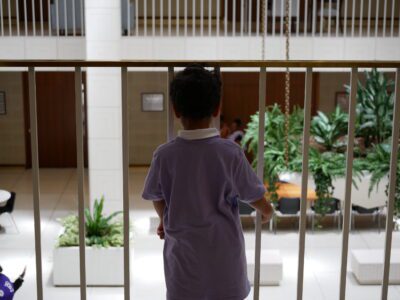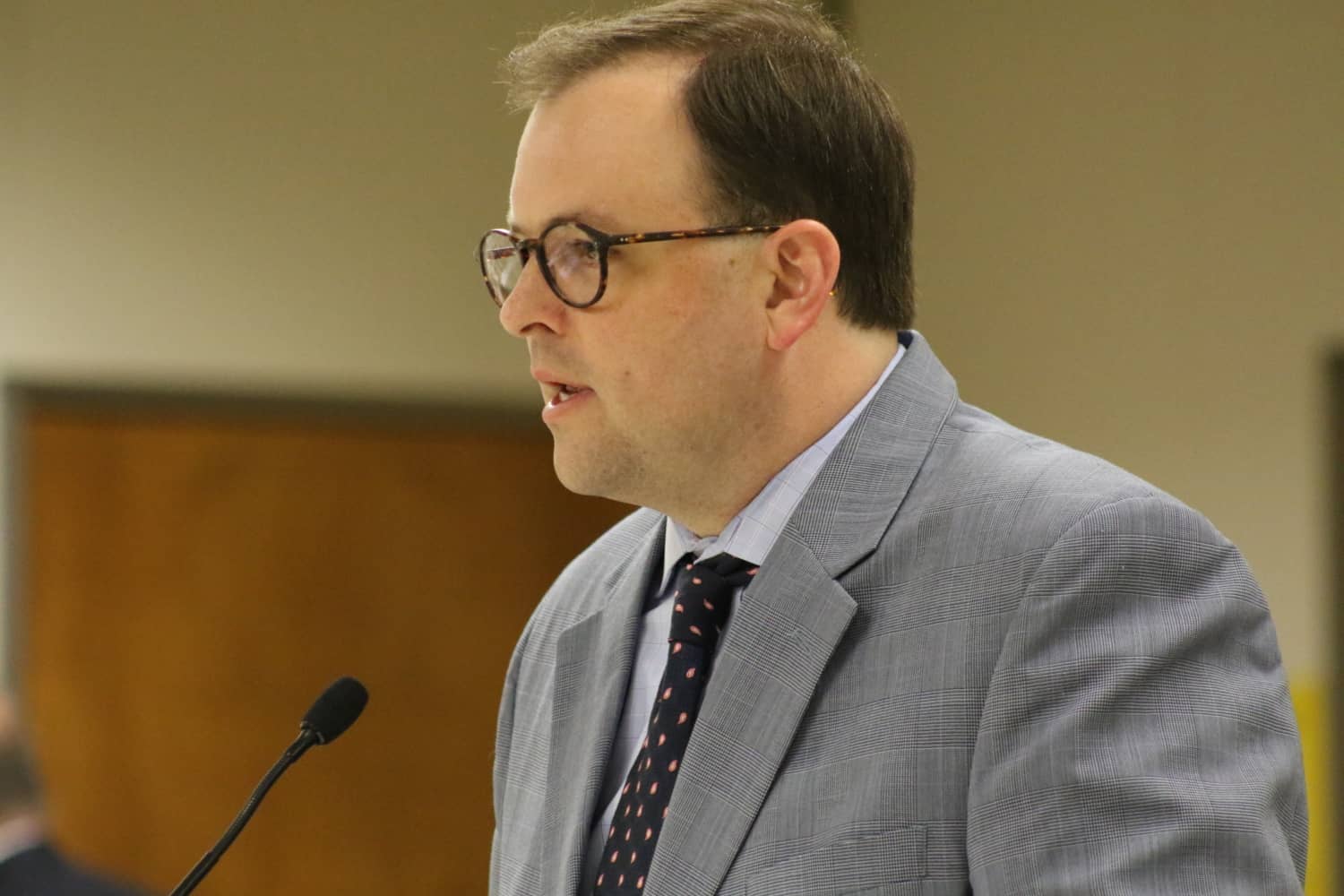The Senate finance committee gave a favorable report to a bill that gives prospective teachers more options for entering the profession. The bill now goes to the Senate rules committee and then the Senate floor.
Senate Bill 599, which already passed the Senate education committee, gives organizations outside of colleges and universities the ability to offer educator preparation programs. It also changes the process for individuals in other professions to start teaching, historically known as “lateral entry,” to “residency licensure,” which requires some training before teaching.
The bill also establishes the Professional Educator Preparation and Standards Commission, a governing body made up of teachers and administrators that would make recommendations about educator preparation programs to the State Board of Education. The State Board would determine what standards the programs would have to meet and whether or not they meet those standards.
Sen. Chad Barefoot, R-Franklin and Wake, the primary sponsor of the bill, said the bill was only heard in the finance committee because of the rearrangement of statutes that are not going to be changed by the bill.
“The only finance-related portion of this bill, and the reason why it’s before us, is as we made some changes to the statutes, I allowed staff to reorganize this section of the statutes, so that all the statutes that pertain to this subject matter are together and clear for the people who implement these statutes,” Barefoot said.
He said there is a part of the policy that allows the State Board to set fees for the educator licensure system — and that is why the legislation had to come through finance.
The legislation had a good deal of debate in committee at the end of May. Sen. Erica Smith-Ingram, D-Bertie, proposed several amendments that failed to gain approval. One of Smith-Ingram’s amendments would have changed the GPA requirement for lateral entry teachers from 2.7 to 2.5. She argued that an individual in a difficult major during their undergraduate career may fall below the requirement but still be an excellent teacher.
Barefoot, although first opposing the bill in education committee discussions, encouraged Smith-Ingram to work with committee members to make that change.
“I promise you we will get it fixed before the bill hits the floor,” Barefoot said.
Recommended reading




